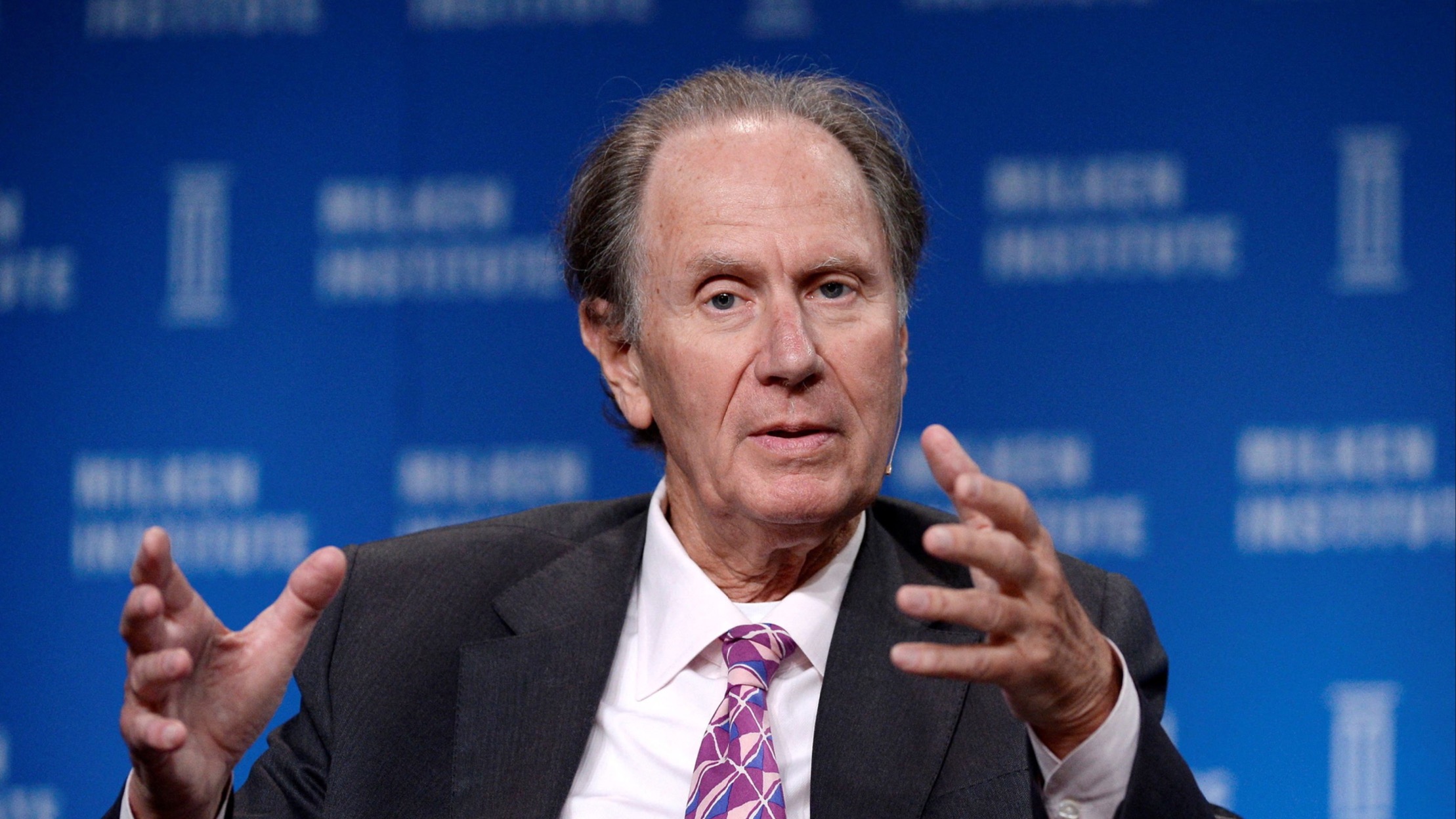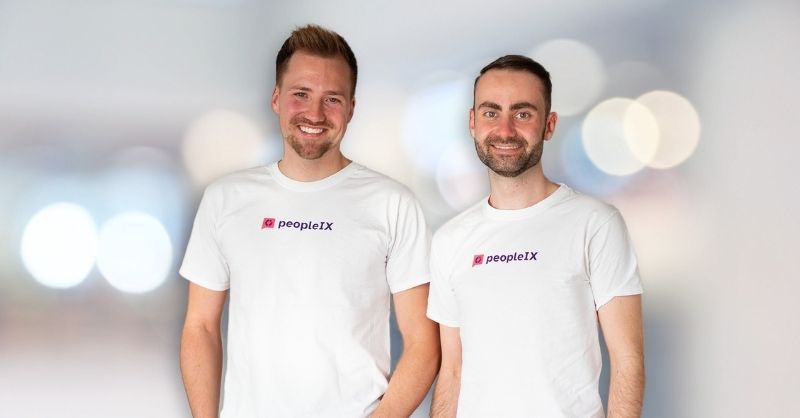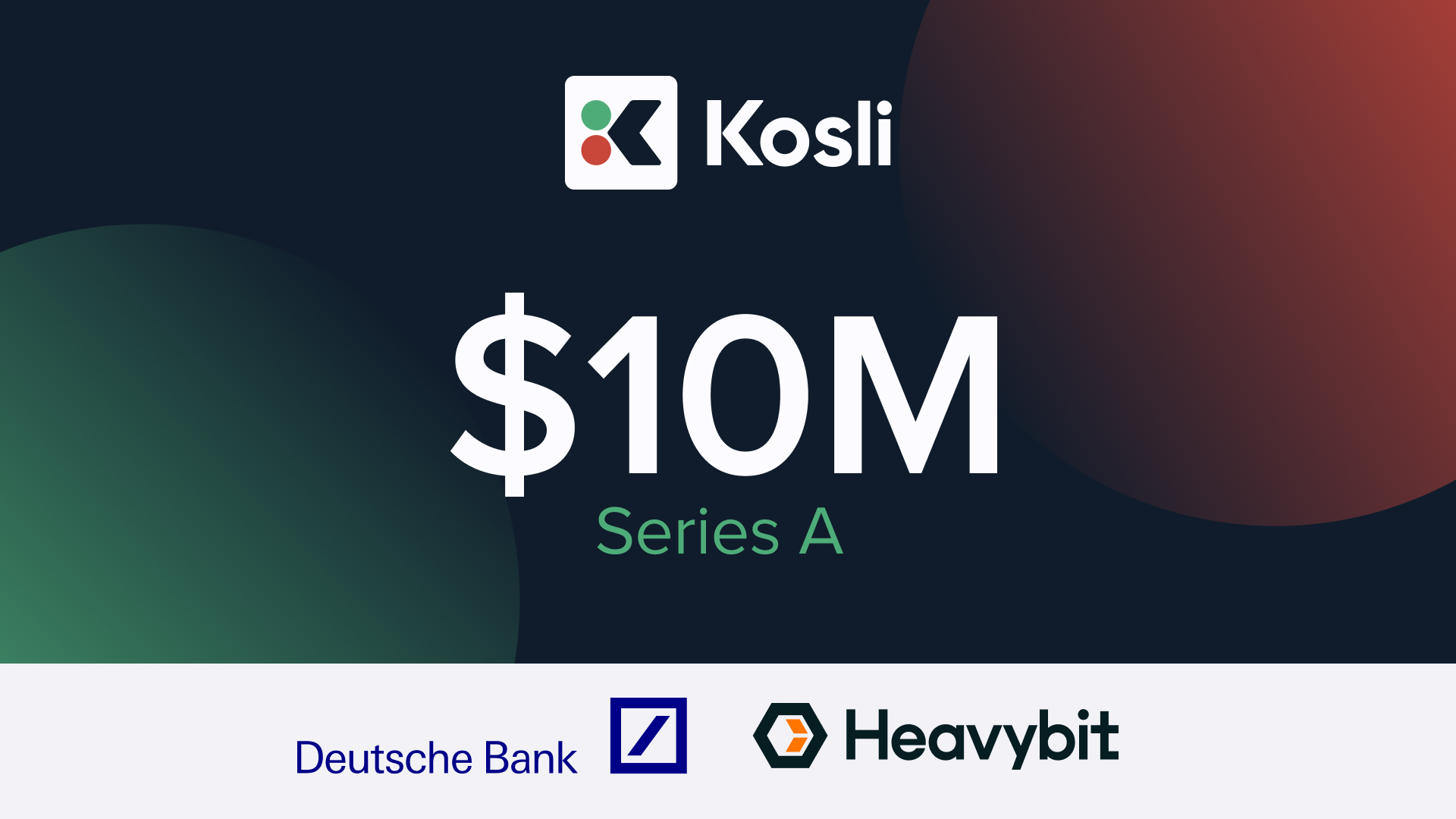Key Takeaways:
I. The NFL, while attractive for its stability, presents significant valuation challenges for private equity investors.
II. The supermarket industry, despite its essential nature, demands operational excellence and adaptability in a fiercely competitive landscape.
III. Data-driven decision-making and operational expertise are crucial for creating value in both the NFL and supermarket industries.
Private equity, ever the opportunist, is increasingly looking beyond traditional investments, venturing into new sectors like the NFL and the fiercely competitive supermarket industry. This diversification reflects a broader trend, a search for yield in a world awash with capital and starved for returns. The NFL, with its seemingly unshakeable fan base and multi-billion dollar television deals, presents an alluring prospect. The supermarket industry, while less glamorous, offers the potential for consolidation and operational improvements in a fragmented market. But are these forays into uncharted territory truly calculated gambles, or are they bets based on wishful thinking? This article delves into the strategic rationale behind these investments, analyzing the financial metrics, operational challenges, and long-term sustainability of these seemingly disparate sectors.
Investing in the Gridiron: A Value Assessment of NFL Franchises
The NFL, a seemingly recession-proof league with a devoted fan base and guaranteed television revenue exceeding $100 billion over the next decade, has become a coveted asset for private equity. Recent sales, however, raise questions about whether the price of admission is too steep. The Washington Commanders, despite a lack of recent playoff success, fetched $6 billion in 2023, an astonishing 11x revenue multiple. The Denver Broncos, sold in 2022 for $4.65 billion, commanded an 8.8x multiple. These valuations dwarf those of traditional businesses, raising concerns about a potential bubble.
The NFL's cautious approach to private equity involvement further complicates the investment calculus. The league's restrictions, including a 10% ownership cap and a mandatory six-year holding period, contrast sharply with the typical private equity playbook of shorter-term investments and greater control. These limitations, designed to preserve the league's stability and prevent rapid ownership changes, also constrain private equity's ability to implement its usual operational and financial engineering strategies. This begs the question: can private equity generate sufficient returns within these tight parameters?
While the NFL's current financial model appears robust, the long-term landscape is far from certain. The rise of streaming services, evolving viewing habits, and the potential for disruption from new entertainment platforms pose significant challenges. The league's ability to adapt to these changes and maintain its dominance in the media landscape will be crucial for the success of private equity investments. Ignoring these potential headwinds could lead to disappointing returns, even in a league as seemingly stable as the NFL.
From a value investing perspective, the NFL presents a paradox. The league's stability and predictable cash flows are highly attractive, aligning with Warren Buffett's preference for businesses with durable competitive advantages. However, the exorbitant valuations raise red flags, suggesting a potential disconnect between price and intrinsic value. A prudent investor must carefully weigh the potential for long-term growth against the risk of overpaying for a seemingly safe bet. Is the NFL a true value investment, or is it a speculative play driven by the scarcity of teams and the prestige of ownership?
Checkout Time: Assessing the Viability of Private Equity's Supermarket Strategy
The supermarket industry, a $25 billion battleground for market share, presents a starkly different investment landscape than the NFL. While the demand for groceries is constant, the industry is plagued by intense competition, razor-thin margins, and the relentless pressure to innovate. Established giants like Kroger and Walmart face constant threats from discounters like Aldi and Lidl, as well as the growing dominance of online grocery delivery services like Instacart and Amazon Fresh. In this arena, operational efficiency and adaptability are not merely desirable—they are prerequisites for survival.
Private equity firms, undeterred by these challenges, are betting on their operational expertise and technological prowess to transform supermarket chains. Strategies include streamlining supply chains, optimizing pricing through dynamic systems like digital shelf labels (ESLs), and enhancing customer loyalty programs. Data analytics and machine learning are being employed to personalize customer experiences, improve inventory management, and predict consumer demand. The key question is whether these strategies can deliver sustainable competitive advantages in a sector where even minor inefficiencies can be fatal.
The long-term success of private equity investments in supermarkets hinges on adapting to evolving consumer preferences and technological disruptions. The rise of e-commerce, changing shopping habits, and the increasing demand for convenience are reshaping the industry. Private equity firms must not only optimize existing operations but also anticipate and respond to these disruptive forces. Can they transform traditional brick-and-mortar models into agile, customer-centric enterprises capable of competing in a digital age?

From a value investing perspective, the supermarket sector presents a high-risk, high-reward proposition. The potential for operational improvements and market consolidation is substantial, but the intense competition and thin margins create significant downside risks. A disciplined investor must carefully assess the intrinsic value of these businesses, considering the dynamic nature of the industry and the potential for unforeseen challenges. Is the pursuit of market share in this cutthroat arena a value-creating endeavor, or a race to the bottom?
Beyond the Balance Sheet: The Intangible Assets Driving Private Equity Returns
Private equity's increasing emphasis on operational expertise and technology integration reflects a broader trend across industries. The ability to identify and exploit inefficiencies, streamline processes, and leverage data to optimize decision-making is becoming a core competency. From implementing advanced analytics platforms to deploying sophisticated ERP systems like Netsuite, private equity firms are transforming portfolio companies into data-driven organizations. This focus on operational excellence, while promising, raises questions about the scalability and sustainability of these transformations. Can data truly replace human intuition and experience, or is it simply a powerful tool in the hands of skilled operators?
The integration of data analytics is not merely a tactical maneuver; it represents a fundamental shift in private equity's approach to value creation. By harnessing the power of big data, machine learning, and predictive analytics, firms can gain a deeper understanding of market dynamics, consumer behavior, and operational performance. This data-driven approach enables more informed investment decisions, potentially mitigating risks and unlocking hidden value. However, the success of this strategy hinges on the ability to accurately interpret data, adapt to evolving algorithms, and avoid the pitfalls of overreliance on quantitative metrics. Is the data revolutionizing private equity, or is it simply amplifying existing strengths and weaknesses?
The Verdict: Weighing the Risks and Rewards of Private Equity's Gamble
Private equity's foray into the NFL and supermarket industries represents a calculated gamble, a bet on the ability of operational expertise and technological innovation to transform traditional businesses in the face of evolving market dynamics. While the allure of stability and the potential for significant returns are undeniable, the risks of overvaluation, intense competition, and disruptive forces cannot be ignored. A disciplined investor, guided by the principles of value investing, must carefully weigh the potential rewards against the inherent risks. The true measure of success will not be determined by short-term gains or market hype, but by the creation of sustainable competitive advantages and the generation of long-term value. As private equity navigates this new frontier, the ultimate verdict will depend on its ability to balance ambition with prudence, innovation with execution, and the pursuit of growth with the preservation of capital.
----------
Further Reads
I. https://www.hklaw.com/en/insights/publications/2024/09/private-equitys-time-on-the-bench-is-overPrivate Equity's Time on the Bench Is Over: NFL Owners Allow Private Equity Fund Investments | Insights | Holland & Knight
II. https://www.ft.com/content/31f26b29-cba2-4dbe-83eb-cf5f174ef34aPrivate equity gears up for potential National Football ...
III. https://www.nfl.com/news/nfl-owners-vote-to-allow-private-equity-funds-to-buy-stakes-in-teamsNFL owners vote to allow private equity funds to buy stakes in teams









